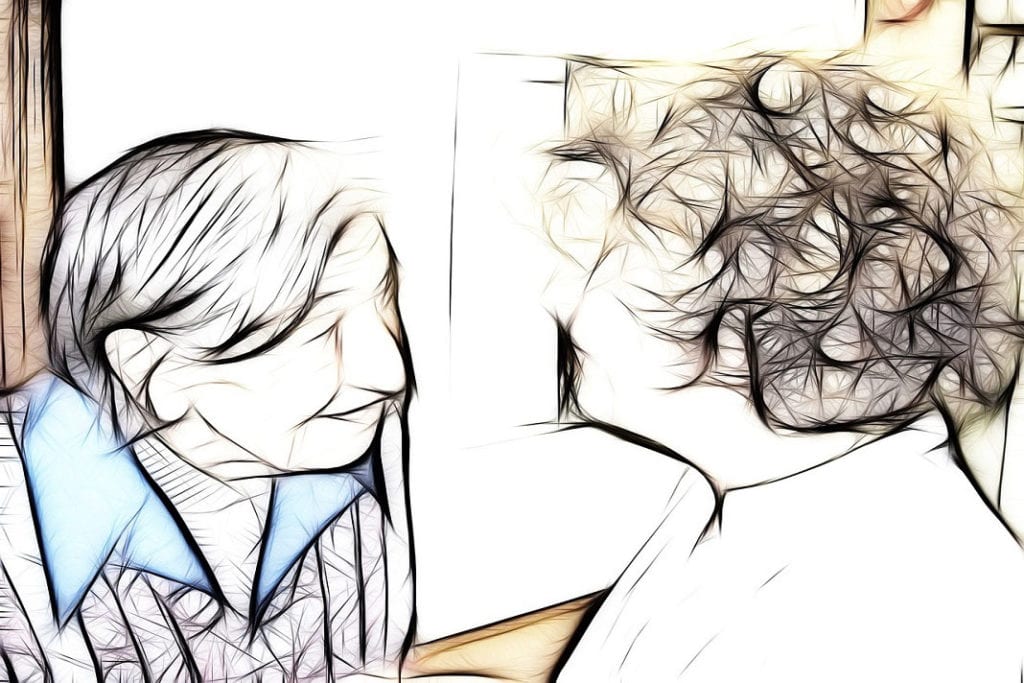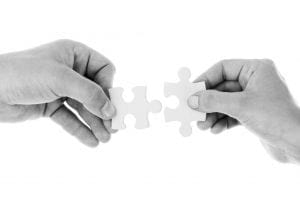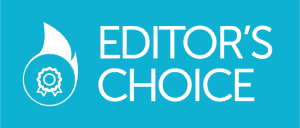According to a lovely post on the International Waldenstrom’s Macroglobulinemia Foundation website, Julianne married the love of her life at the age of 19; her husband John was 30.
In 2015, the week that her husband decided to retire from their shared psychology practice, he was referred to an oncologist after a routine blood test revealed some unusual and unexplained anemia.
The idea of cancer came as a severe shock to both of them. Julianne could not fathom the idea of cancer affecting her husband who lived a very healthy and moderate lifestyle. Julianne describes her husband and someone who exercises most days out of the week, is never sick, and lives his life in moderation.
It took a year of anxious waiting for John to finally be diagnosed with MGUS, a condition in which an abnormal protein — known as monoclonal protein or M protein — is in a patient’s blood. Shortly after, a final diagnosis of Waldenstrom macroglobulinemia (WM) was given. Waldenstrom is a type of non-Hodgkin lymphoma (NHL). In WM, patient’s cancer cells make large amounts of an abnormal protein called a macroglobulin.
After this diagnosis, John’s life changed, but the course of his wife Julianne’s life quickly changed as well. She went from being a loving wife and mother to being her husband’s caregiver as well.
In her post here on the IWMF Foundation page, she provides several tips and tools for new and experienced caregivers alike.
1. Accept the changes and accept the present
The first thing Julianne had to come to grips with is that her life with her husband is not the same as it was before her husband’s diagnosis. There have been changes for the better and worse in her opinion. She cites several changes in their relationships after his diagnosis including being kinder to one another and taking time to calm down instead of having arguments. On the other spectrum, sometimes in dealing with his diagnosis, John can turn inward, according to his wife, which can leave Julianne feeling lonely. Regardless of these changes, Julianne and her husband John are committed to their marriage and are committed to each other for the “long haul.”
2. Be aware of what your strengths are
Julianne has never been afraid to raise her hand and ask why things are the way they are. She quickly discovered that this trait comes in handy at doctors’ appointments. In the doctors’ offices, she describes John as more reserved and unquestioning of the doctor’s authority and statements while she is more talkative and will ask questions. Her husband really appreciates this. Making sure she and her husband really understand his condition, and ensuring that doctors clarify the situation, is Julianne’s strong point and her husband is grateful for it.
3. Connect with other caregivers
Julianne admits that one of the best things she has done to support herself as a caregiver is to connect with other caregivers. Julianne often attends workshops and meets other caregivers who have created a supportive community for each other. She uses the website IWMF Connect to connect online with other caregivers. There is a lot to learn from other caregivers who can give advice or words of encouragement to one another. She encourages caregivers of people with WF to visit IWMF connect and introduce themselves today.








